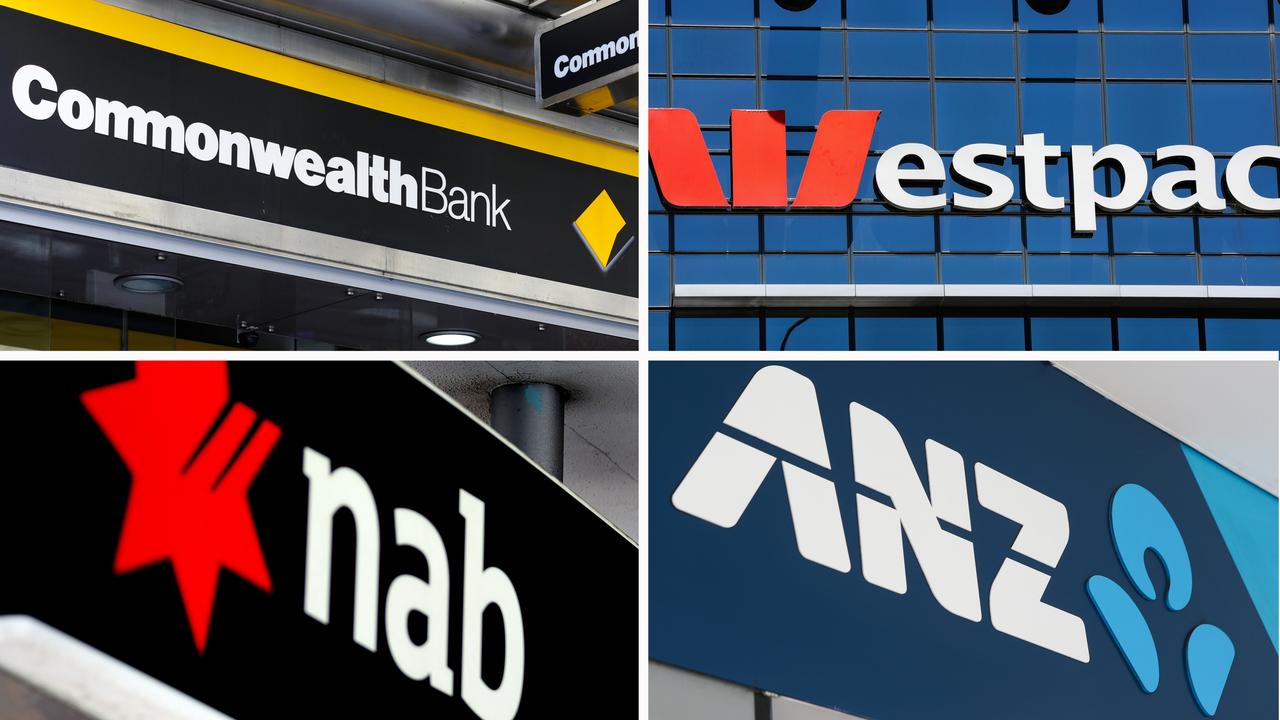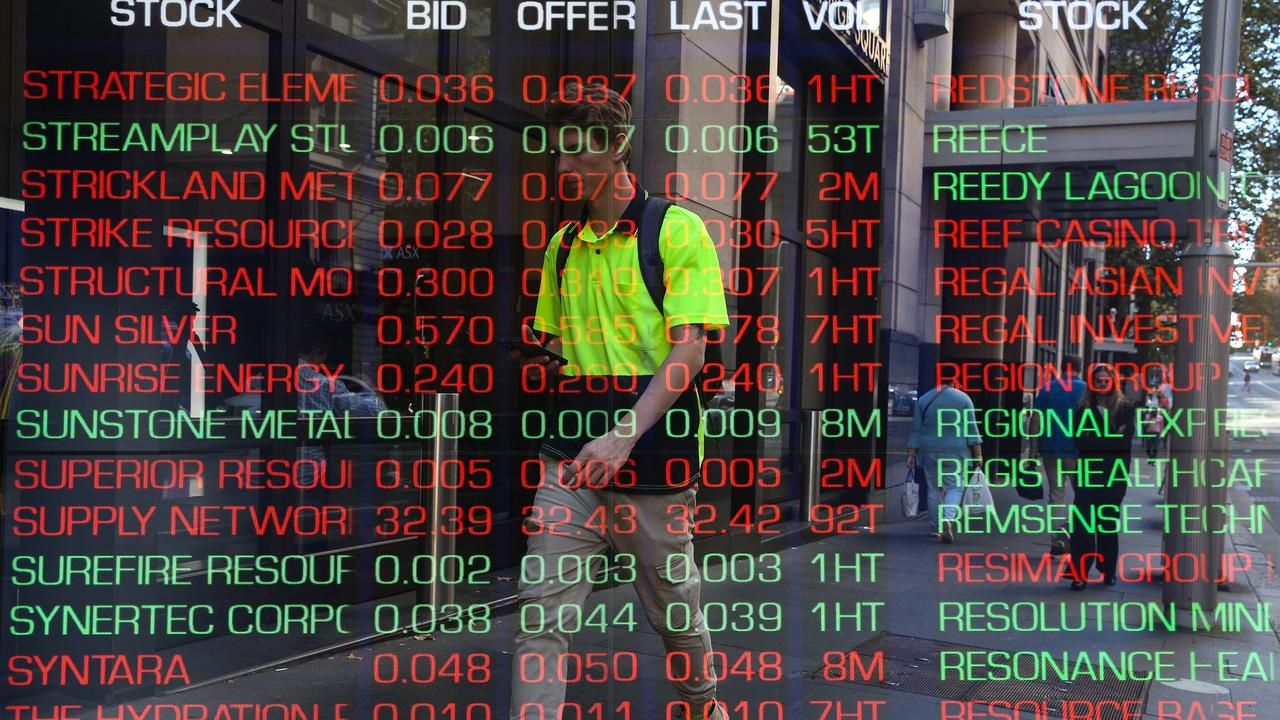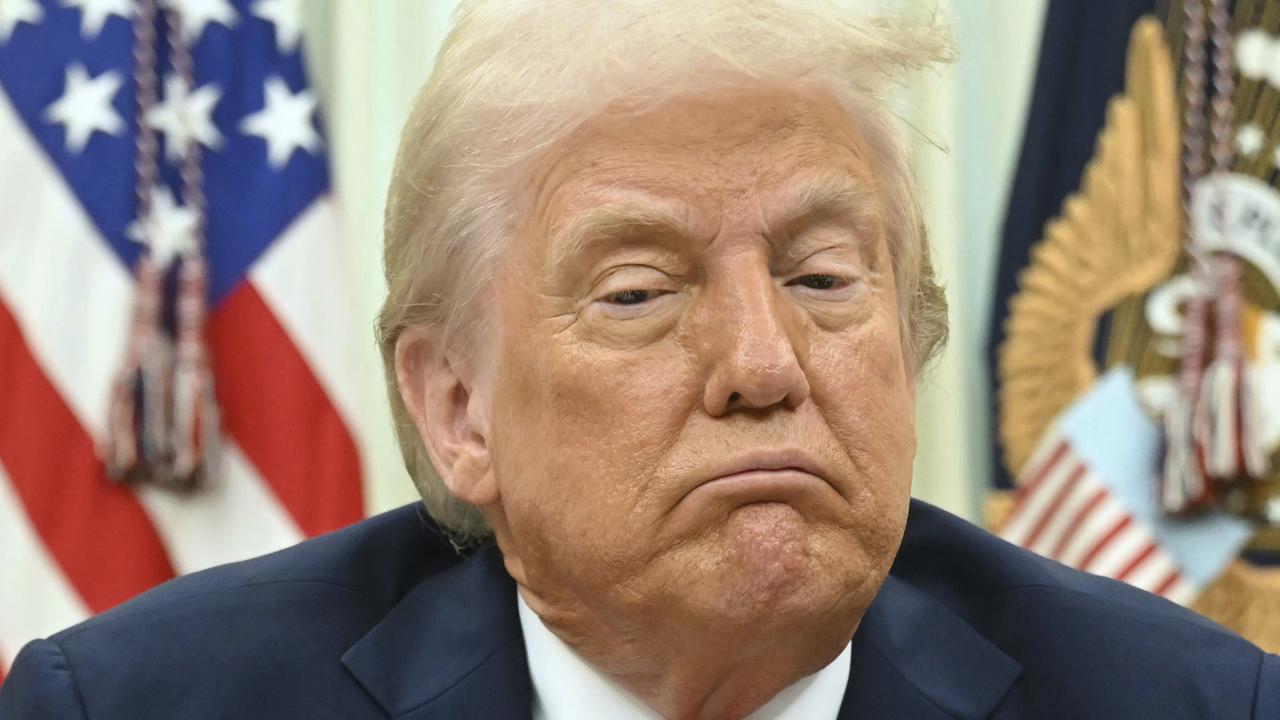How the slowing US economy affects you
INTEREST rates are rising in Australia, but falling in the US. How much sway does the US economy have on what happens here?
How the slowing US economy affects you
OUR interest rates are rising as we battle to keep inflation down in a growing economy and US interest rates are falling as anxiety rises over a possible recession.
Q: What effect does a possible US recession have on Australia?
A: Less than we think, if we believe some economists who talk about Australia decoupling from the US economy.
CommSec Equities economist Craig James and others say the US economy holds less influence on Australia and the world than it did 10 years ago.
Australia has switched its reliance on trade with the U.S. to the rapidly growing, resource-hungry economies of China and India which explains why Australia's economy will grow at about 3.5 per cent this year compared with about 2 per cent economic growth in the US and Europe.
University of South Australia Adjunct Professor of Economics Dick Blandy forecasts China and India to generate a combined 42 per cent of the global economy by 2050 compared with the US, Europe and Britain contributing 26 per cent. That would mean the world's developed countries would possibly hold less clout as a trading partner to Australia in future.
A weaker US economy, however, has indirect effects on Australia through its impact on the sharemarket.
Australia's share market has already suffered a 20 per cent loss in value since November in response to the credit crunch originating in the US. That means investors and retirees drawing down on their share investments have seen a loss in value to their nest egg which in turn may curb their spending habits.
Q: Why are interest rates rising in Australia and falling in the US?
A: Morgan Stanley economist Stephen Roach says the slowing US economy - expected to grow by just 2 per cent this year - is at ``stall speed'' below that which will keep it flying.
That means a potential recession, caused by low housing sales, slumping consumer confidence and the fallout of a credit crunch which has seen banks reluctant to lend to each other.
The US central bank, the Federal Reserve has started cutting official interest rates, now at 3 per cent, to stimulate and encourage investment and spending.
A low interest rate, creates a borrow-friendly environment for home seekers, extra disposable income for the mortgage belt and cheaper funds for businesses to expand.
US Federal Reserve chairman Ben Bernanke said this month he was confident US inflation was "reasonably well anchored'', a reason to continue to cut rates, so more cuts on top of the 1.25 percentage points shaved of the rate in January are expected.
By contrast Australia's interest rates rose to an 11-year high of 7 per cent this month with further rises expected as the Reserve Bank of Australia tries to keep inflation below its preferred 3 per cent ceiling.
The RBA says inflation was likely to be about 3.5 per cent this year, driven higher by a growing economy, underpinned by rising prices for our commodity exports and low unemployment rates.
Q: What is inflation and how can we stop it?
A: Inflation is the rise in the price of a basket of goods and services that represents the economy.
In Australia, inflation is being driven by higher prices for fuel, food, education, housing and a swag of other goods and services which are part of the inflation basket.
Pressure was building with the risk of rising wages as unemployment remains at 30-year lows.
Reserve Bank of Australia governor Glenn Stevens believes the best way to slow inflation is by raising interest rates.
A higher cost of credit means a slowdown of spending and borrowing.
However, Australia needs to keep an eye on volatile global share markets and commodity prices to make sure it doesn't raise rates too much.
Q: Is low unemployment bad for the economy?
A: As Treasurer Wayne Swan swiftly learned this week during parliamentary question time, the Non-Accelerating Inflation Rate of Unemployment (NAIRU) is an important concept for Australia's economy. It's generally believed to be the natural rate of unemployment which, if official unemployment rates slip below it, triggers an inflation tsunami.
Low unemployment constrains economic growth and increases inflation as businesses pay more and more to attract the right workers.
That starts the cycle of RBA interest rate increases which ultimately hurt Australian mortgage payers.
Q: Are tax cuts bad for the economy?
A: The Reserve Bank's nine board members believe so; and they discussed the tax cut bidding war - $31 billion proposed by Kevin Rudd and $34 billion proposed by John Howard - at length before raising interest rates during last year's election campaign.
In the minutes to the RBA board meeting released later, they observed that the budget surplus had been drained from a forecast 2.5 per cent of gross domestic product (GDP) to 1 per cent, cooling the strength in the economy.
Q: Is the resources boom bad?
A: Like all booms, they have a crash or a slowdown at some stage. Economic forecaster BIS Shrapnel said yesterday that a resources slowdown may occur in the next two years as world supply caught up with demand and mining investment started to plateau as new projects were completed. BIS Shrapnel chief economist Frank Gelber said it could take the heat off our resources-fuelled economy.
While the boom is on, commodity prices are high and demand for Australia's currency is strong - , pushing our dollar higher - which doesn't help other export industries, manufacturing, agriculture and tourism.
The boom also keeps inflation higher which, as we've seen here, impacts on homeowners through higher interest rates.



